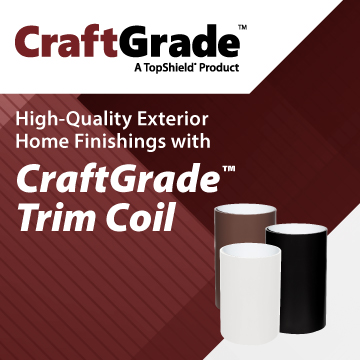Poor Roof Penetration Detail Design
« Back To Observations from the FieldIssue: Roof penetrations, such as vents, pipes, and HVAC units, are necessary for the functionality of a building. However, when these penetrations are not designed correctly, they become weak points in the roofing system. Poorly designed penetration details can lead to:
-Continuous leaks
-Frequent repairs
-Increased maintenance costs
These issues arise because improper sealing and flashing around roof penetrations allow water to seep into the building, compromising the roof's integrity.
Solution: The key to preventing leaks and other issues is to ensure that roof penetrations are designed and installed correctly. Install penetration details that are approved by the roofing manufacturer. Use a common curb with individual membrane penetration flashings. This method ensures that each penetration is adequately sealed and protected from water infiltration.
Employ experienced roofing contractors who understand the intricacies of roof penetration design. Follow manufacturer guidelines and details for installation.
Possible Impact: Poor roof penetration design can have far-reaching consequences for your building and operations:
Damage to Valuable Equipment: Roof penetrations are often connected to essential equipment located below the roof. Leaks can damage this equipment, leading to costly repairs or replacements.
Production Disruptions: In industrial settings, roof leaks can interrupt plant production. Water infiltration can damage products, halt operations, and result in significant financial losses.
Safety Hazards: Water entering the building creates slippery surfaces and electrical hazards, posing risks to personnel safety. Ensuring proper roof penetration design mitigates these dangers.
For building owners, facility managers, and facility directors, addressing roof penetration detail design should be a top priority. Protect your investment and ensure the longevity of your building by implementing the best practices outlined above.























